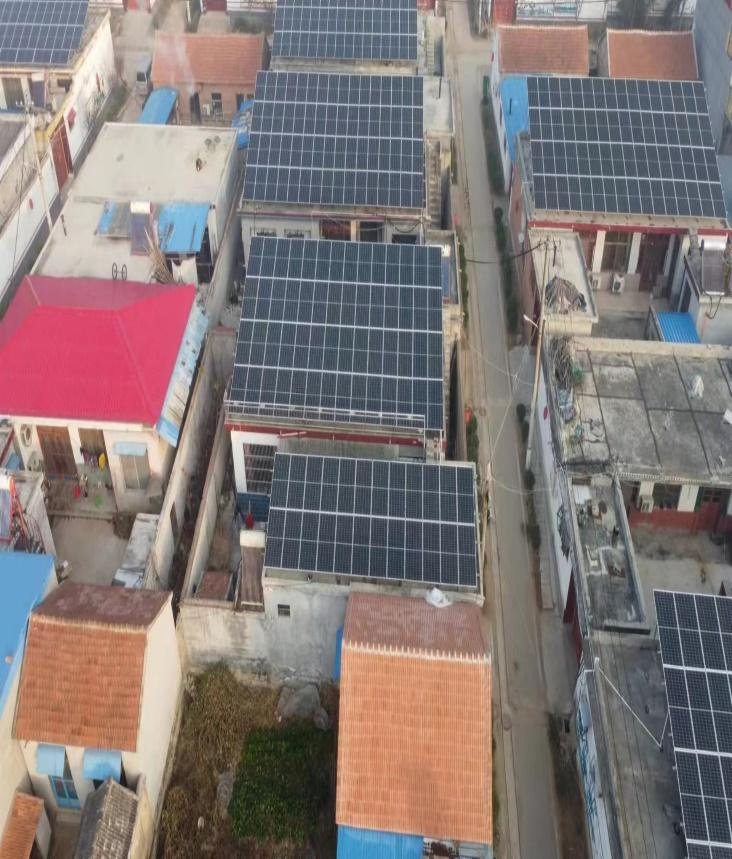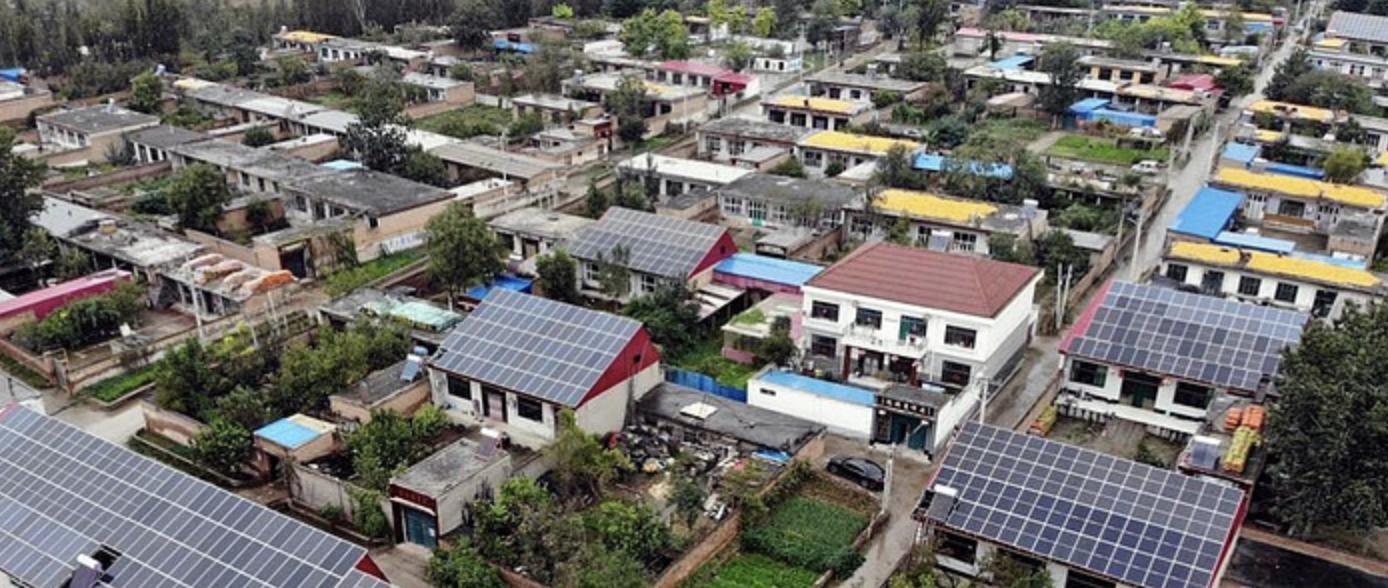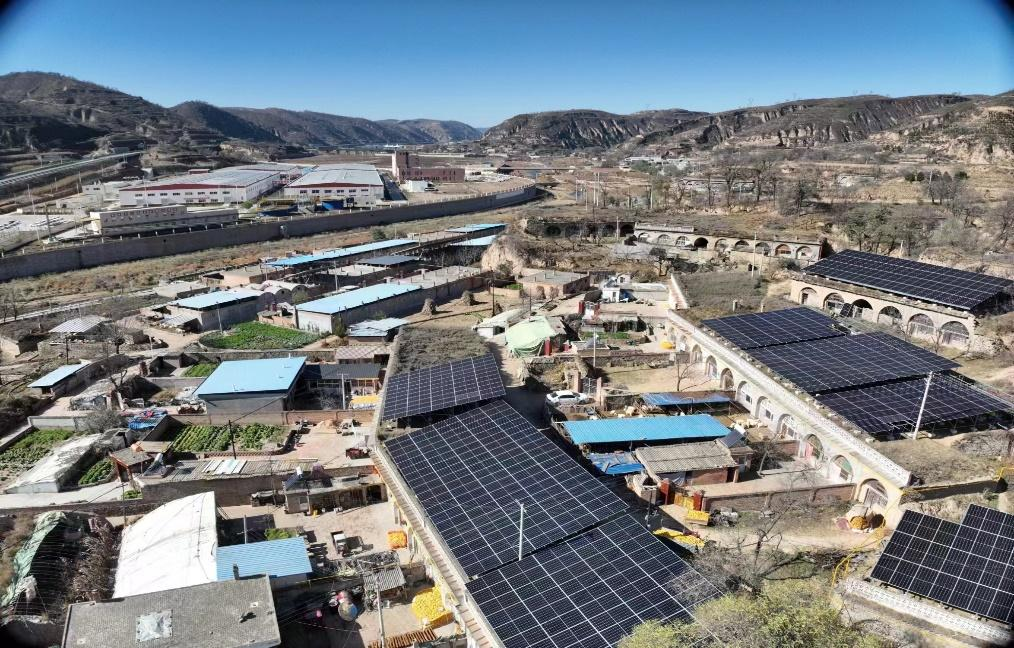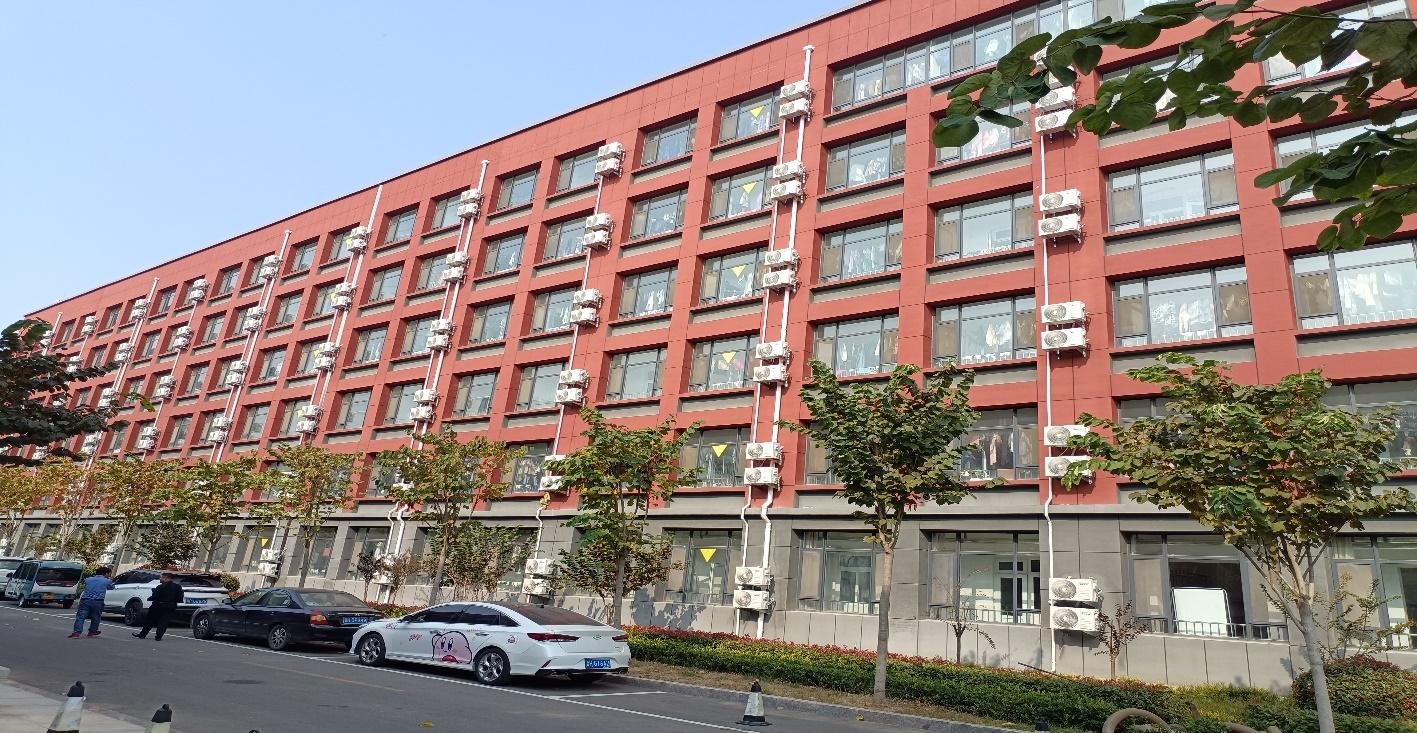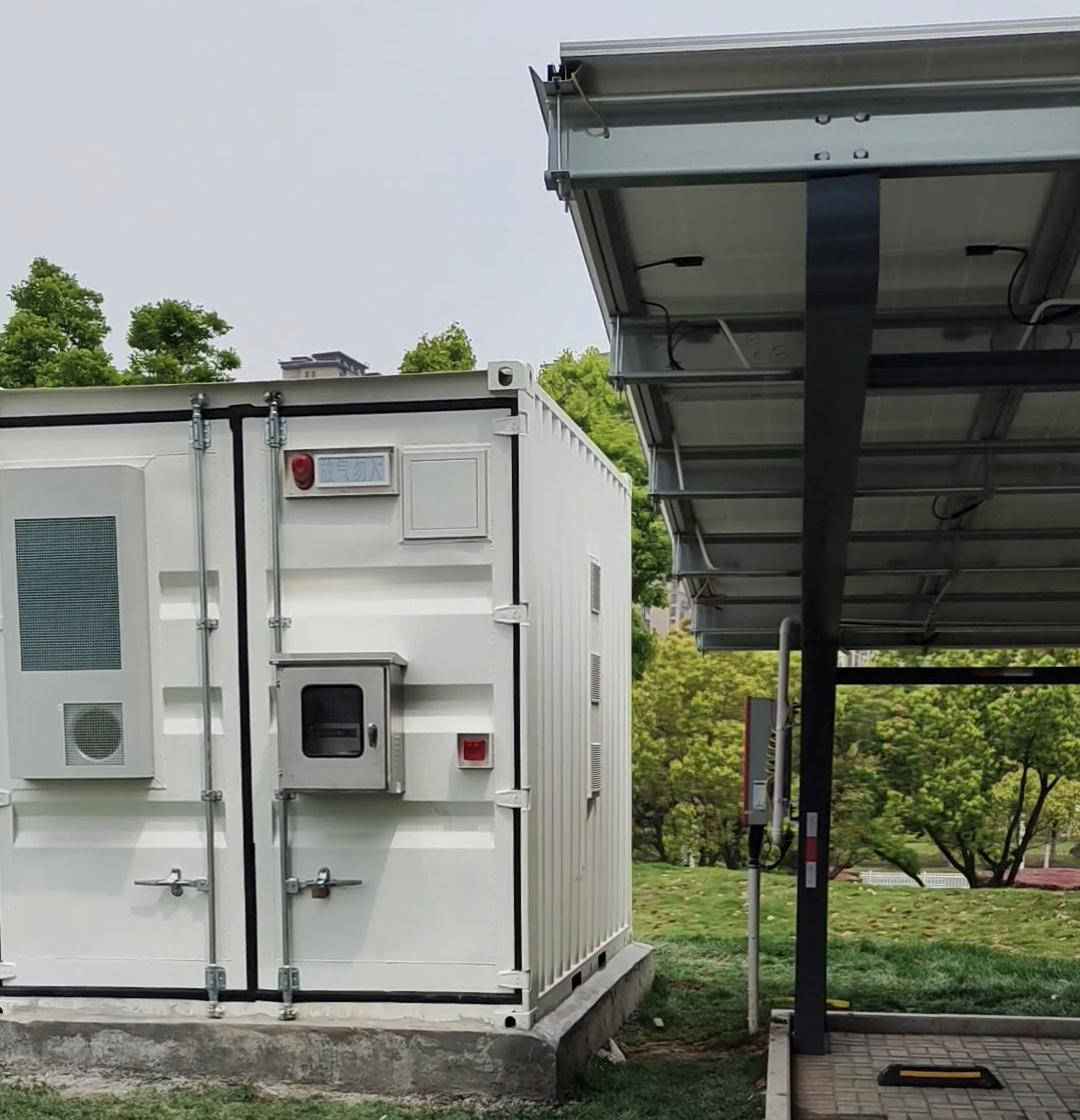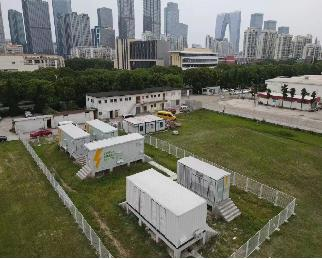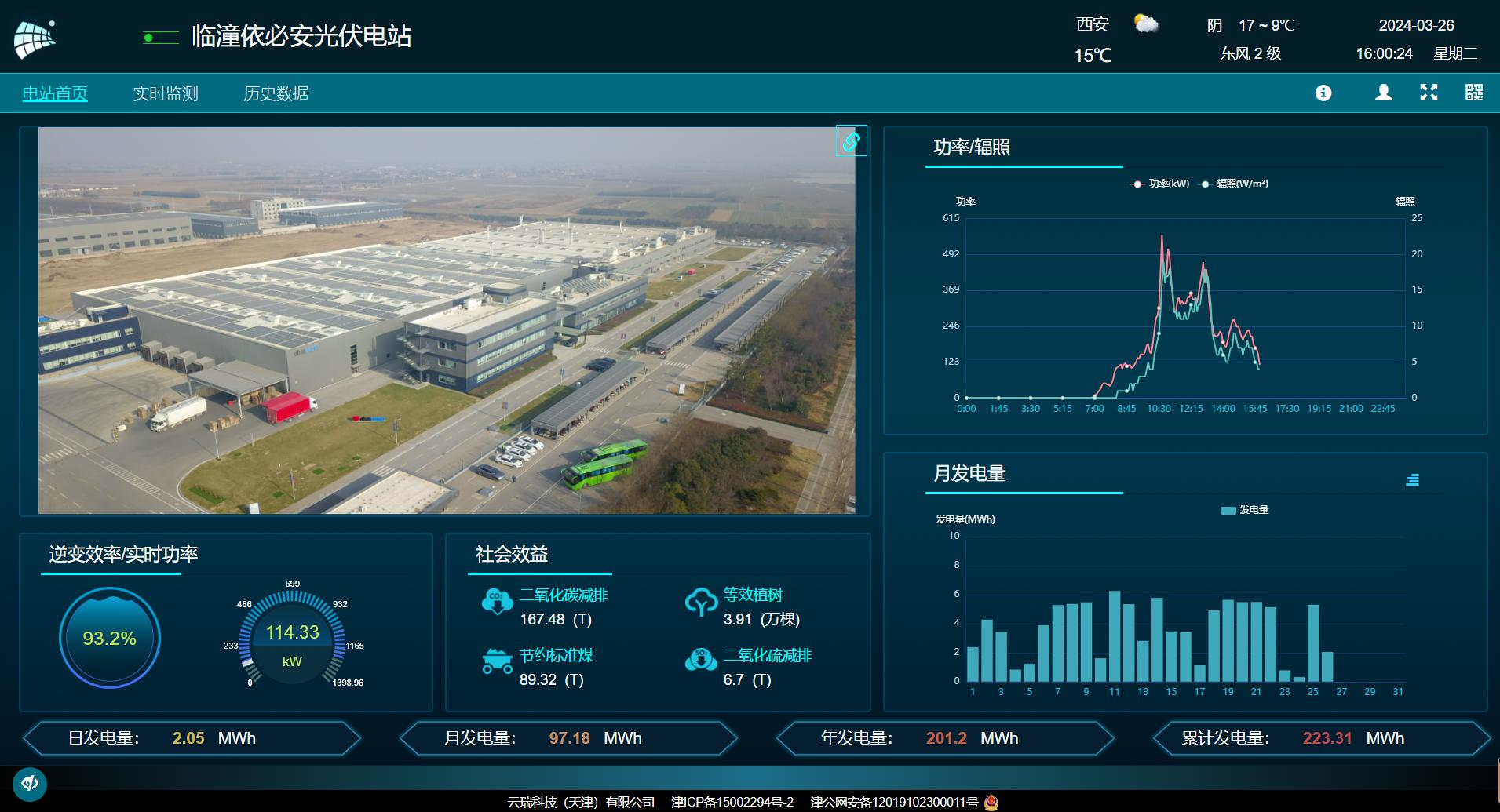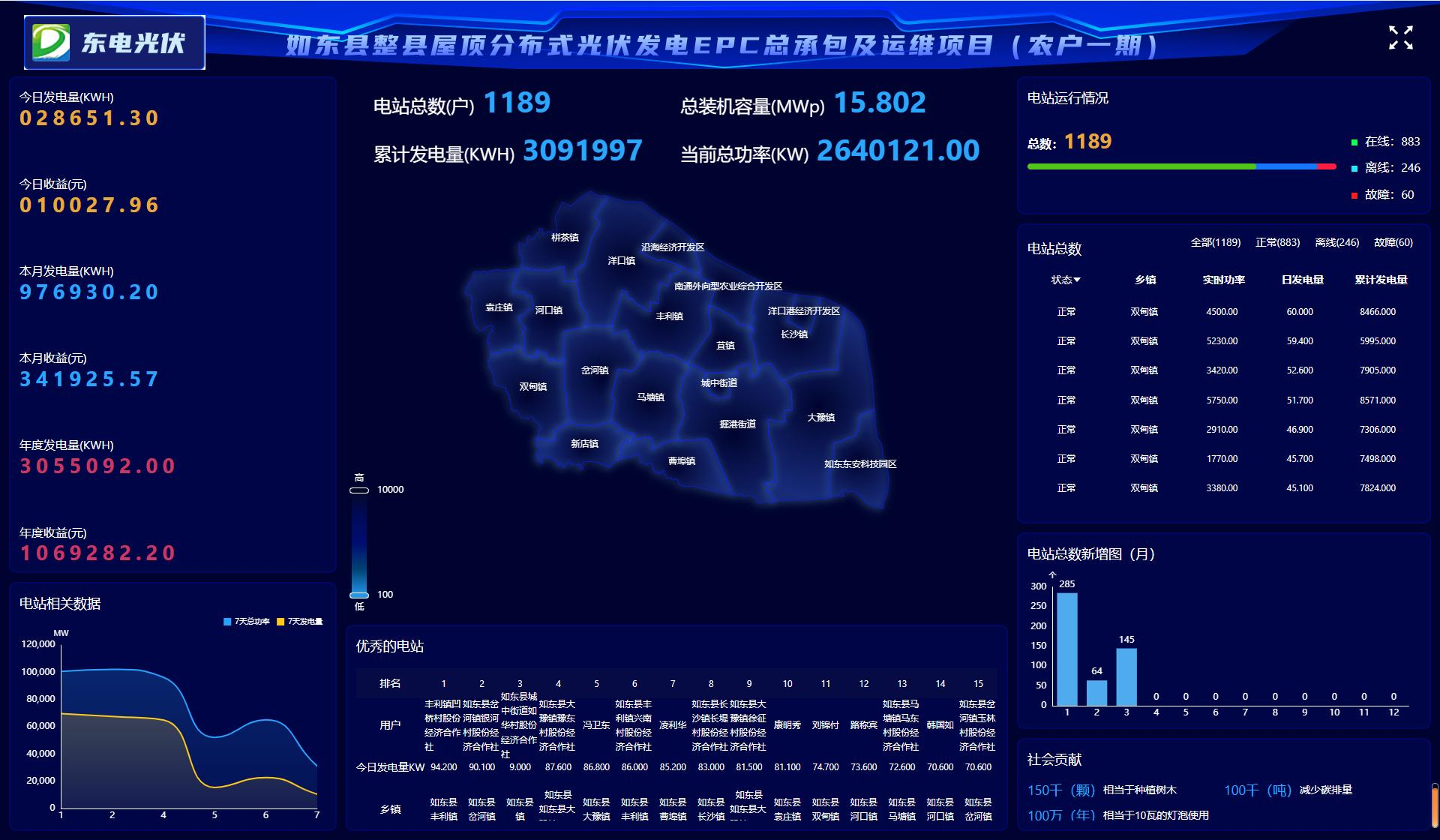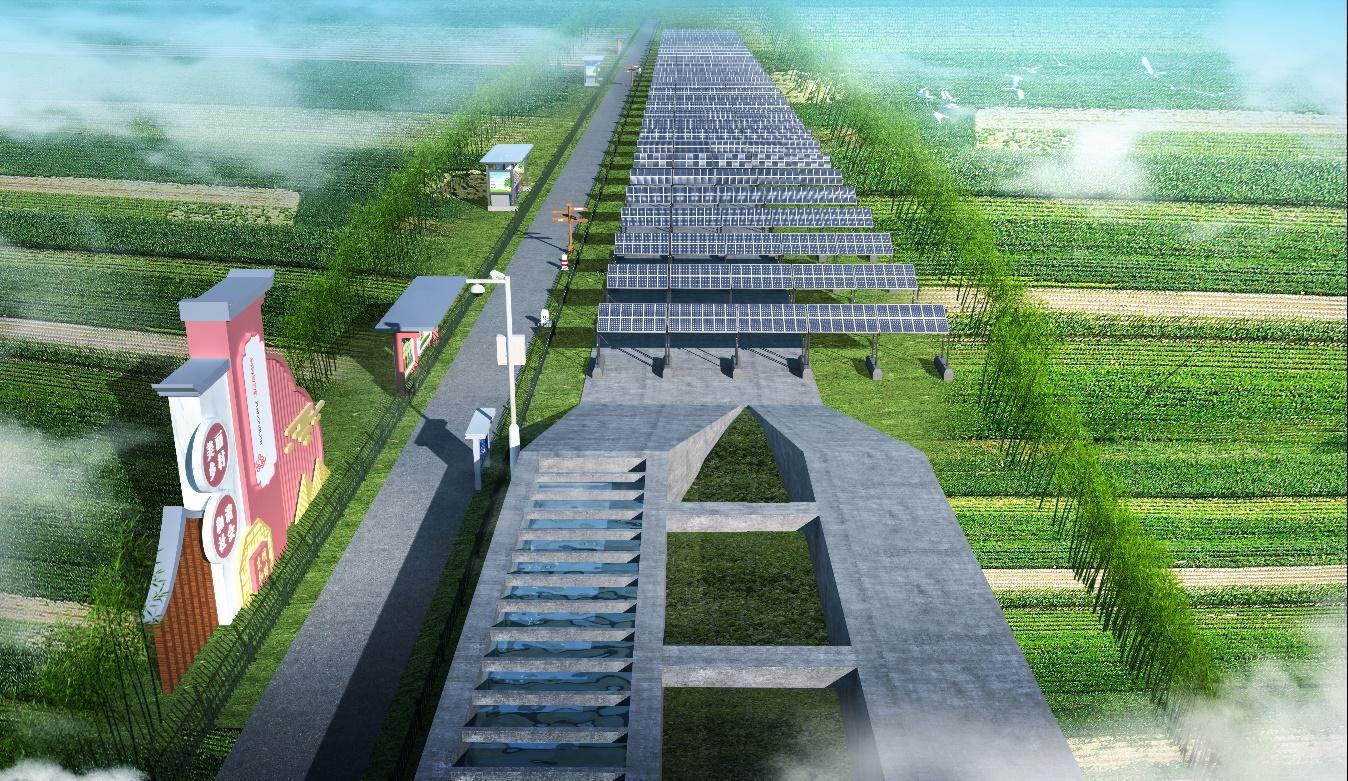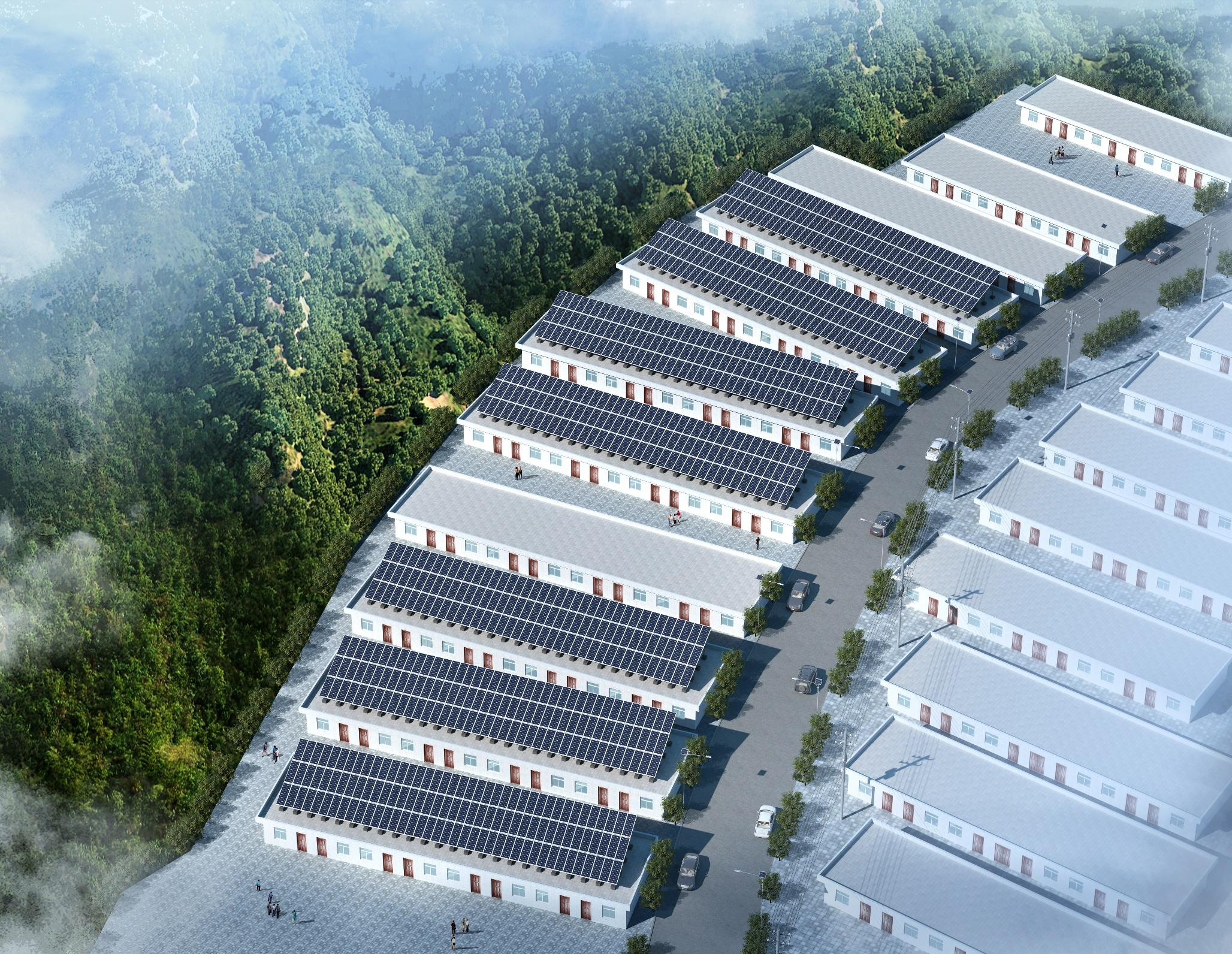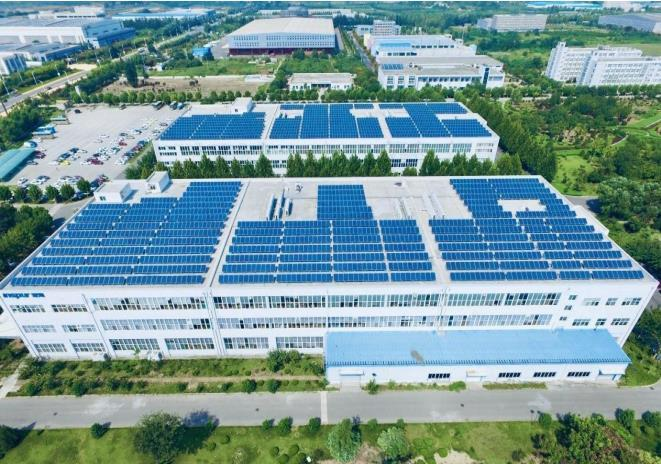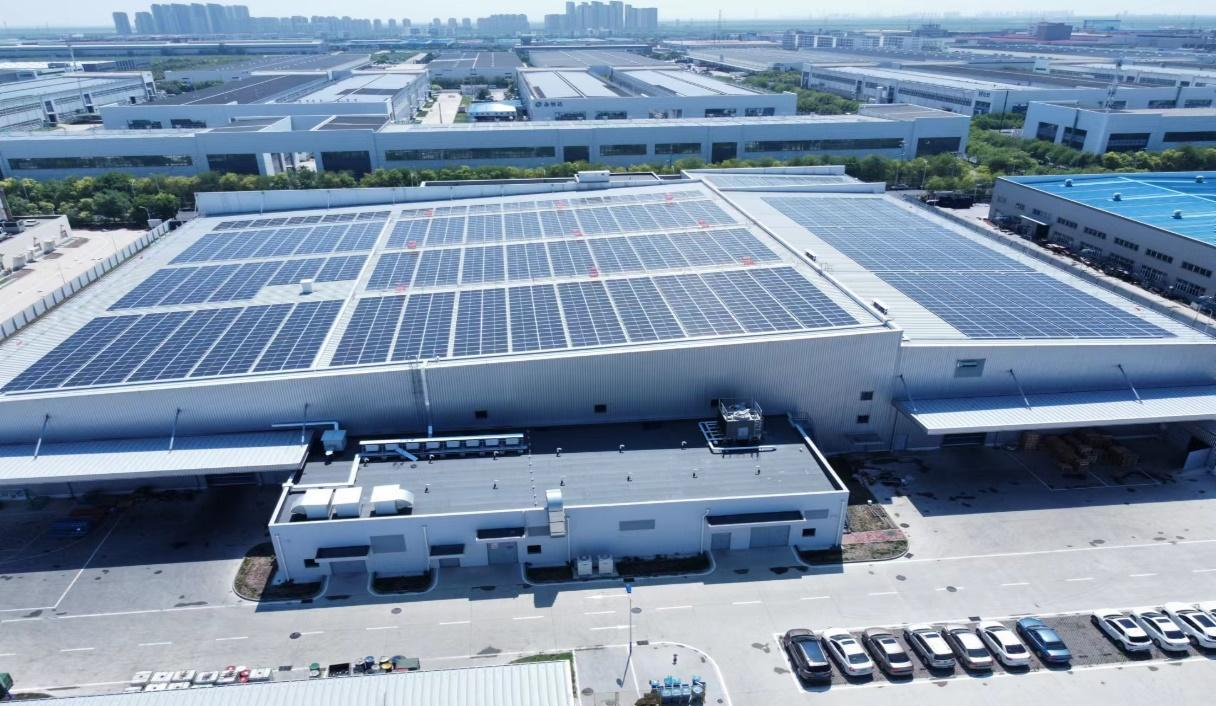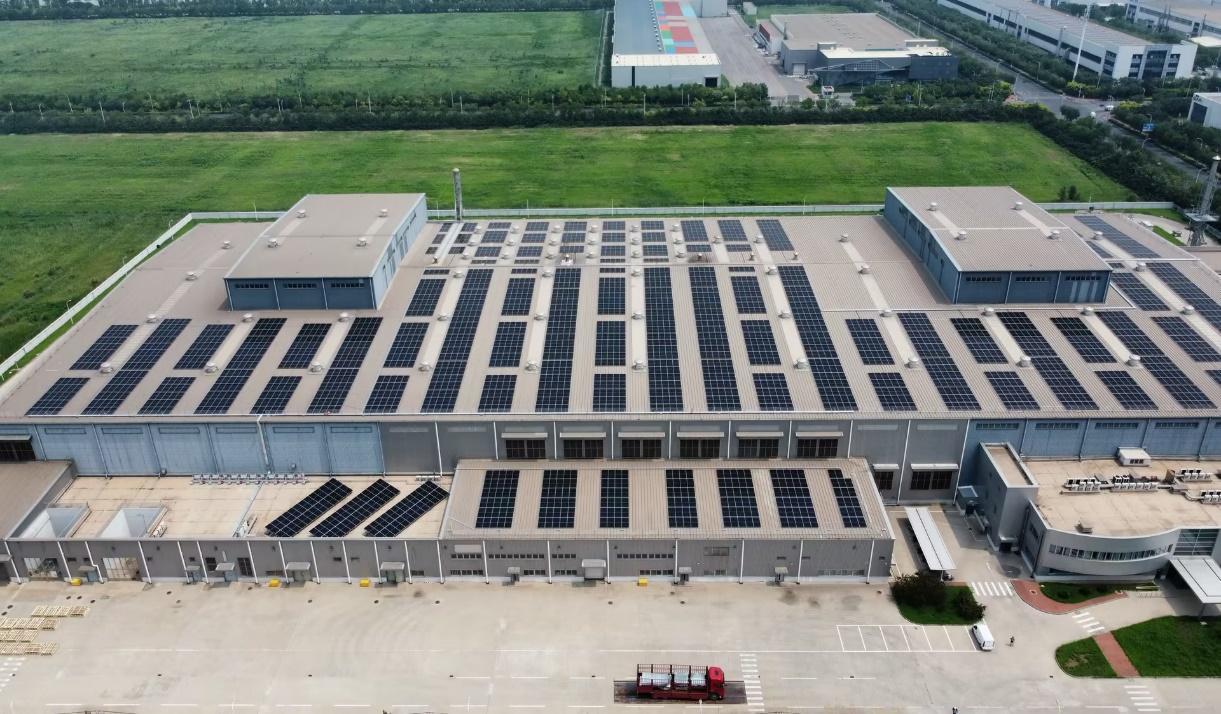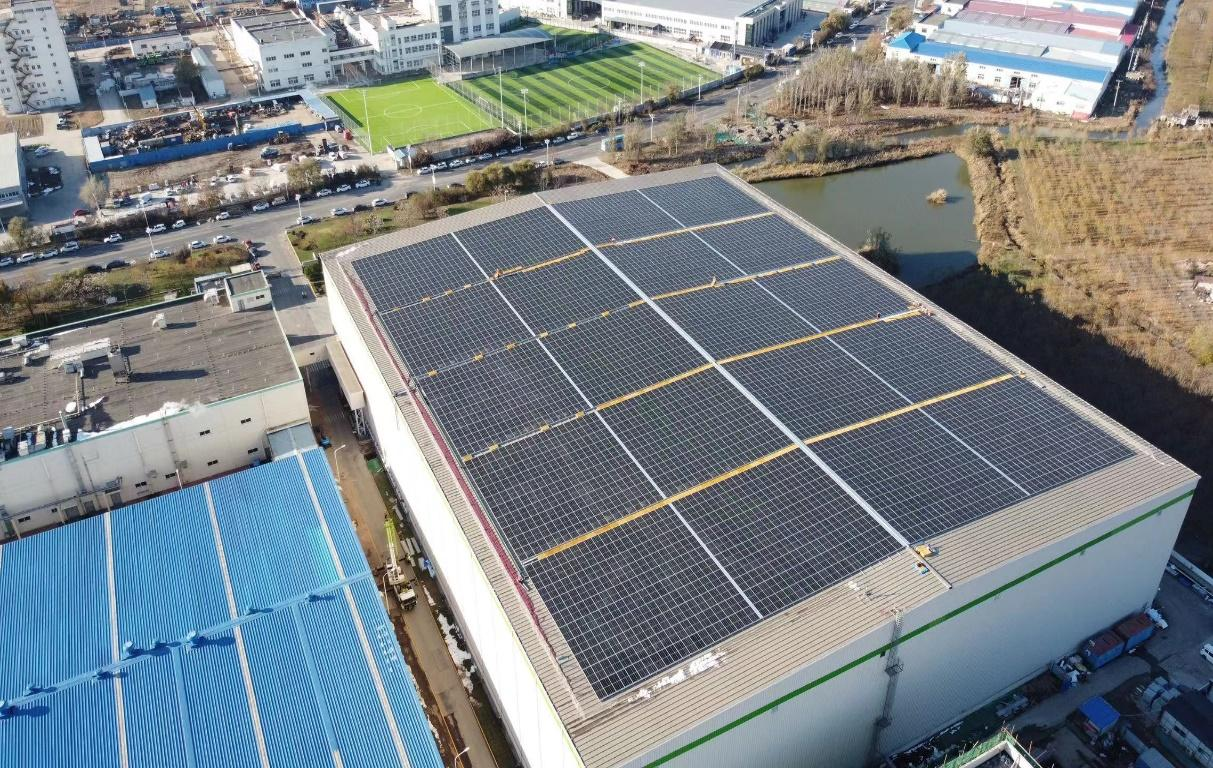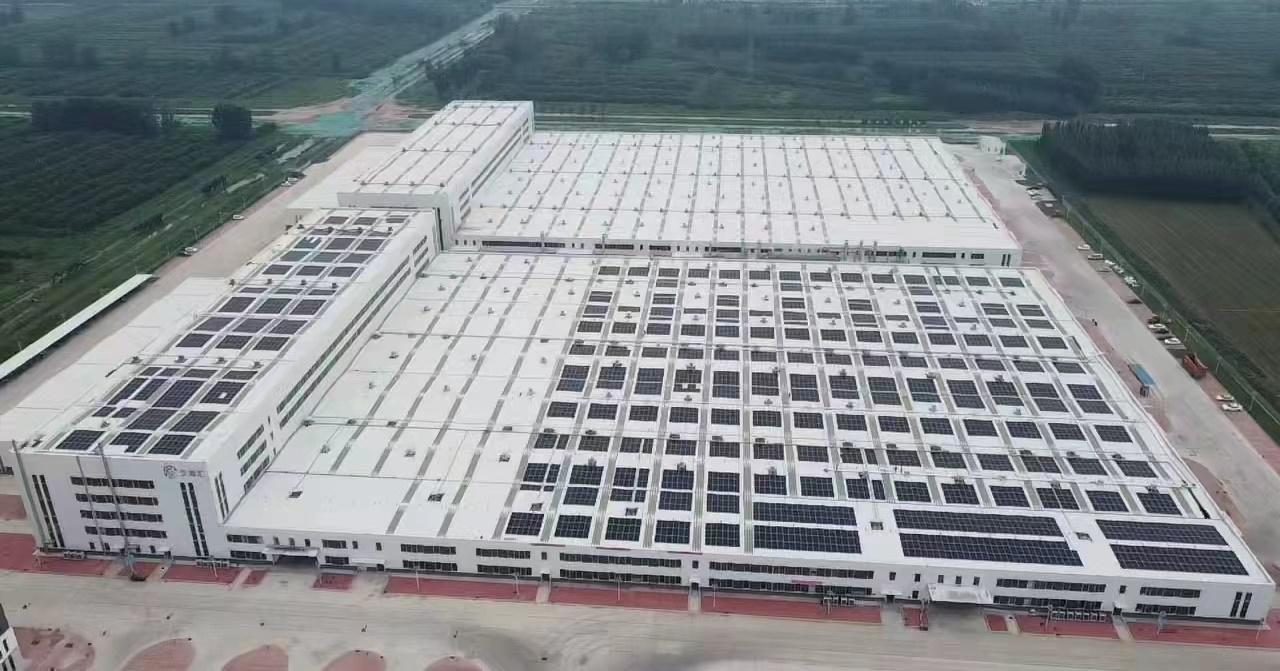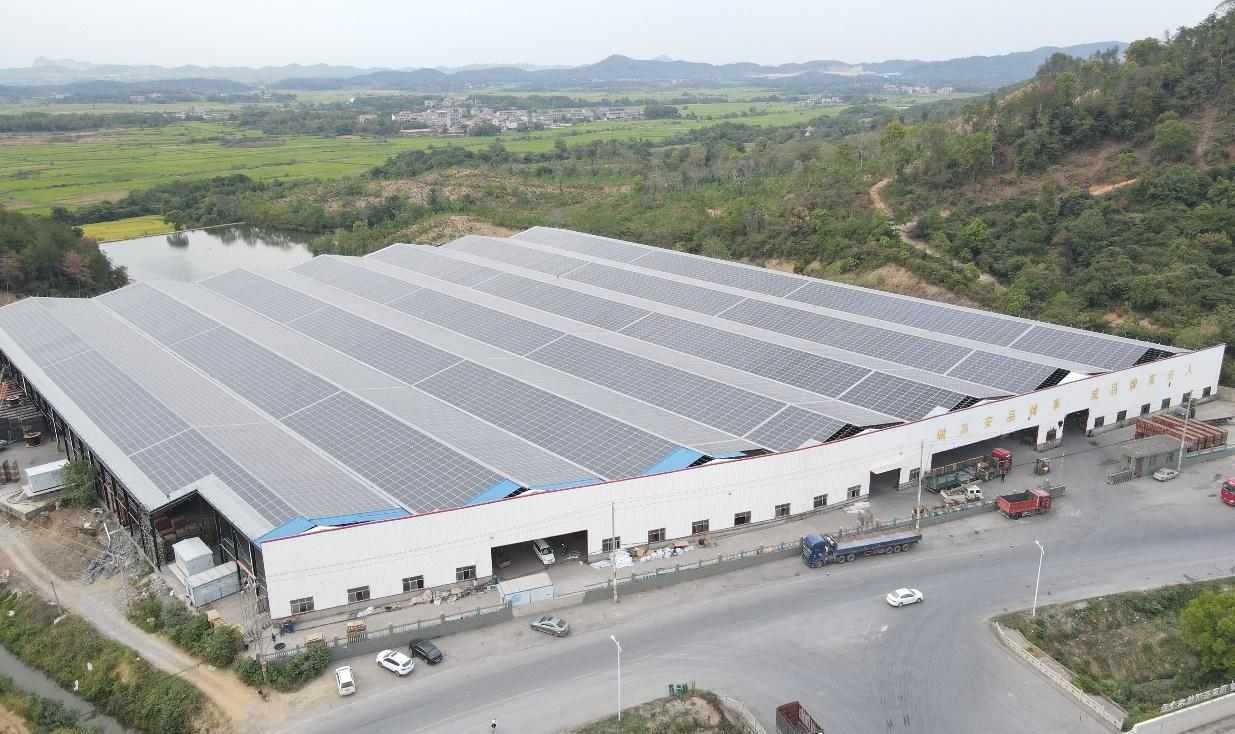Wedoany.com Report-Nov 18, RWE, the Fraunhofer Institute for Solar Energy Systems (ISE) and the Brandenburg University of Technology Cottbus-Senftenberg (BTU) have jointly created a pilot plant to investigate how floating solar projects can be implemented and operated in harmony with water ecology.
More than 190 floating solar modules have been installed on Lake Mortka in Lohsa as part of the PV2Float research project.
The project is funded by the German Federal Ministry for Economic Affairs and Climate Action.
Thomas Leberecht, Mayor of the municipality of Lohsa, said: "Once created by the flooding of the Werminghoffer lignite mine, the Mortkasee is now one of the first research sites for floating solar plants in Germany.
"The technology promises a higher electricity yield, as the cool water can have a positive effect on the efficiency of the solar modules.
"Another advantage: Previously unused open-cast mining lakes not intended for tourism can be developed for green power generation.
"This holds great potential for the energy transition in Germany and here in our region."
Three different floating solar systems have been installed on Lake Mortka.
With a nominal output of around 30 kilowatts each, these systems are relatively small, but they nevertheless provide important insights into the advantages of the various technological solutions, how costs can be reduced and how larger floating solar systems can be implemented in an environmentally friendly way in the future, RWE said.
The research facility is to be operated on Lake Mortka until the end of 2027.
